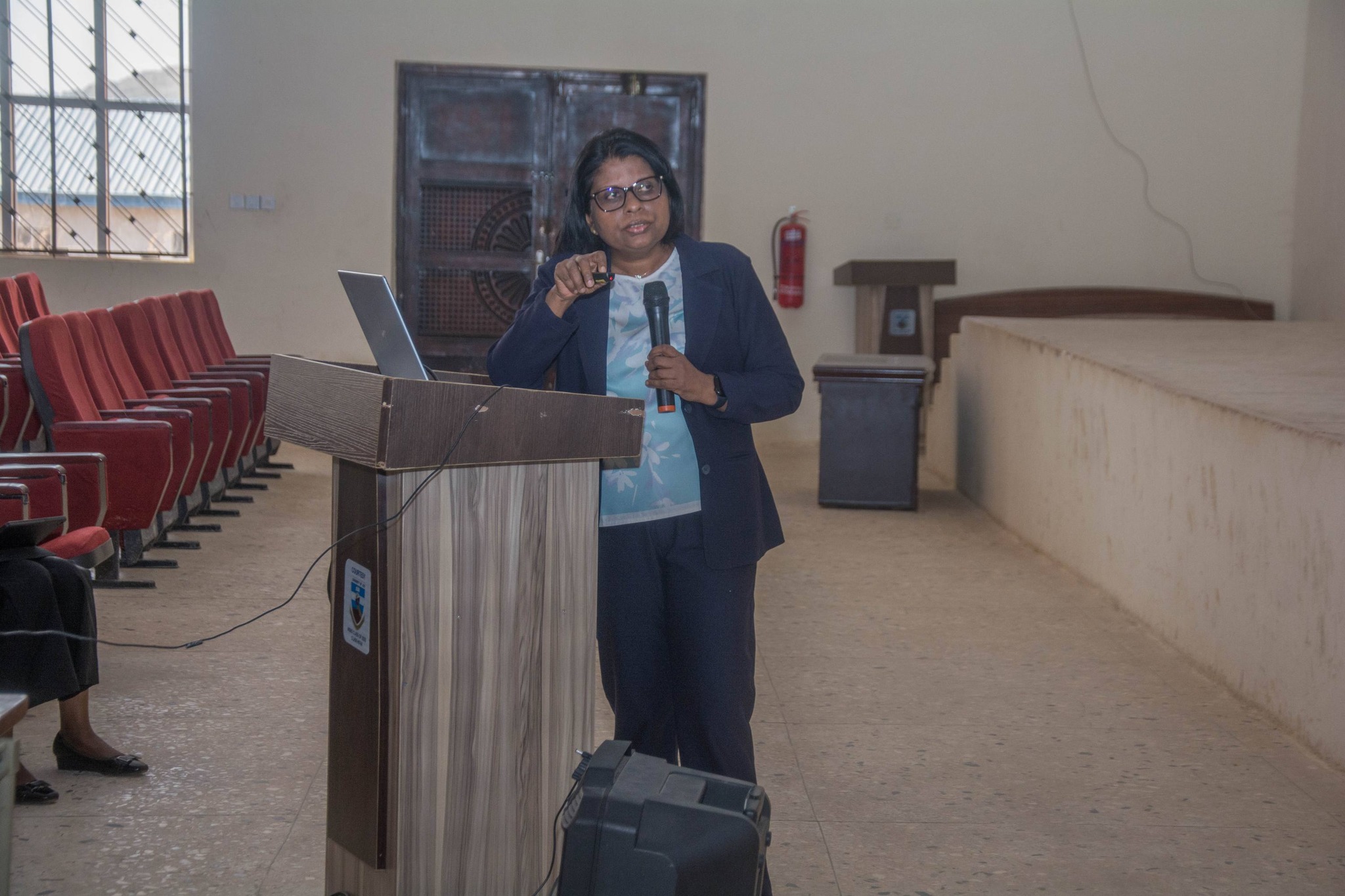
In an exclusive interview, Dr. Perpetua Odugbo, Head of the Ophthalmology Department at Jos University Teaching Hospital (JUTH), speaks on how the hospital prioritizes patient care and ensures service excellence in the eye clinic.
Interview:
Q: Kindly introduce yourself.
A: I am Dr. Perpetua Odugbo, a Professor of Ophthalmology and the Head of Department at JUTH. My duty is to oversee the smooth administration of the department and ensure the best possible care for every patient who comes to the eye clinic.
Q: How would you describe the current state of patient care and satisfaction in your department?
A: We are constantly improving. The introduction of electronic medical records has streamlined workflow. Patients are categorized into new, old, and postoperative groups with dedicated queues. New patients are seen by consultants for accurate diagnosis, while residents manage follow-ups under supervision. Postoperative patients, particularly cataract cases, are prioritized and discharged the same day, with over 98% going home on the first day after surgery.
Q: How do you handle patients who are anxious or fearful about surgery?
A: Counseling is key. We take time to explain procedures and reassure patients. For example, cataract patients who were blind before surgery often regain vision the very next day, which brings immense relief. Counseling is tailored differently for cataract and glaucoma patients, depending on their condition.
Q: Can you share an example of a positive patient care experience?
A: Cataract surgery is remarkable. Patients who previously could only perceive light often regain the ability to read letters on an eye chart within a day. Vision continues to improve significantly over the weeks. Although glaucoma patients don’t regain lost vision, surgery helps preserve what remains.
Q: How do you address staff behavior that might negatively affect patient experience?
A: Our department is generally peaceful and patient-friendly. Staff relate cordially with patients. Sometimes, misunderstandings occur—especially when postoperative patients are given priority. Porters usually explain the system to ease tension. Incidents of staff maltreating patients are very rare.
Q: Are there support systems for follow-up care, especially for chronic conditions?
A: Yes. For glaucoma and irreversible cases, our focus is on preserving remaining vision. Patients with total blindness are referred to rehabilitation centers or the school for the blind in Jos, where they learn Braille or vocational skills. Those with partial sight benefit from our low-vision services.
Q: What final message would you share with patients, staff, and stakeholders about improving patient care?
A: JUTH provides specialist eye care at affordable rates. Patients do not need personal connections to access treatment. Our system is efficient—cataract patients can progress from consultation to surgery in a day if financially prepared. I encourage the public to be patient and not rely solely on negative social media reports. Most patients testify to the quality of care here.
Q: What role does the media play in patient care?
A: The media is vital in correcting misconceptions. While negative stories spread quickly, our consistently full clinics show that patients trust us. If the media shares accurate reports, it will boost patient confidence and enhance the hospital’s reputation.
Dr. Perpetua Odugbo’s insights highlight the Ophthalmology Department’s commitment to patient-centered care, technological advancement, and continuous improvement. With a dedicated team, structured systems, and supportive follow-up services, JUTH continues to provide hope and restore vision to thousands.






